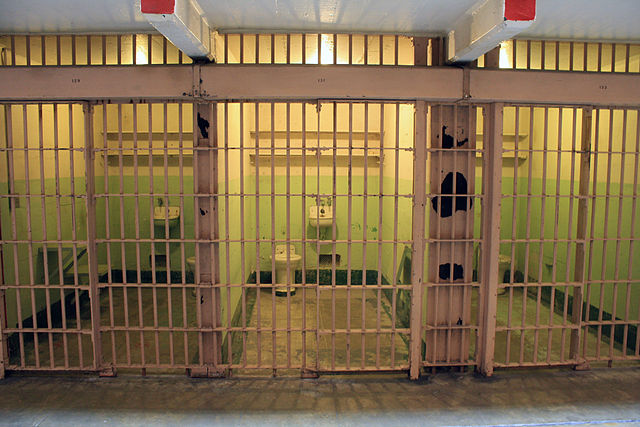Incarceration vs Imprisonment
The difference between incarceration and imprisonment is subtle, as both terms refer to similar situations. However, the term “incarceration” has a narrower definition than “imprisonment.”
What does Incarceration mean?
Incarceration is defined as the state of being confined within a jail or prison. Legally, law enforcement agencies have the authority to confine or imprison individuals suspected of or convicted of crimes. Incarceration can also occur in other institutions such as rehabilitation centers, training schools for juvenile offenders, and hospitals or other medical treatment facilities. Additionally, those ordered to wear electronic monitoring devices are considered to be incarcerated, as their movement is restricted or limited.
What does Imprisonment mean?
Imprisonment, like incarceration, refers to a person being confined within a prison after being convicted of a crime. However, imprisonment is defined as the act of restraining an individual’s personal liberty. This can be either lawful, where confinement is authorized or ordered by law, or unlawful, where confinement is illegal and against the law. Lawful imprisonment, like incarceration, refers to the confinement of a person in a prison or other institution as a penalty or sentence imposed by a court of law. Unlawful imprisonment occurs when a person is confined against their will and without legal authorization, which is considered a tort known as false imprisonment.
Key Takeaways
- Incarceration refers to the act of confining a person within a jail, prison, or other institution as stipulated by a court of law and is always lawful.
- Imprisonment refers to the act of restraining an individual’s personal liberty and can be either lawful or unlawful.
- Unlawful imprisonment occurs when a person is confined against their will and without legal authorization, which is considered a tort known as false imprisonment.
